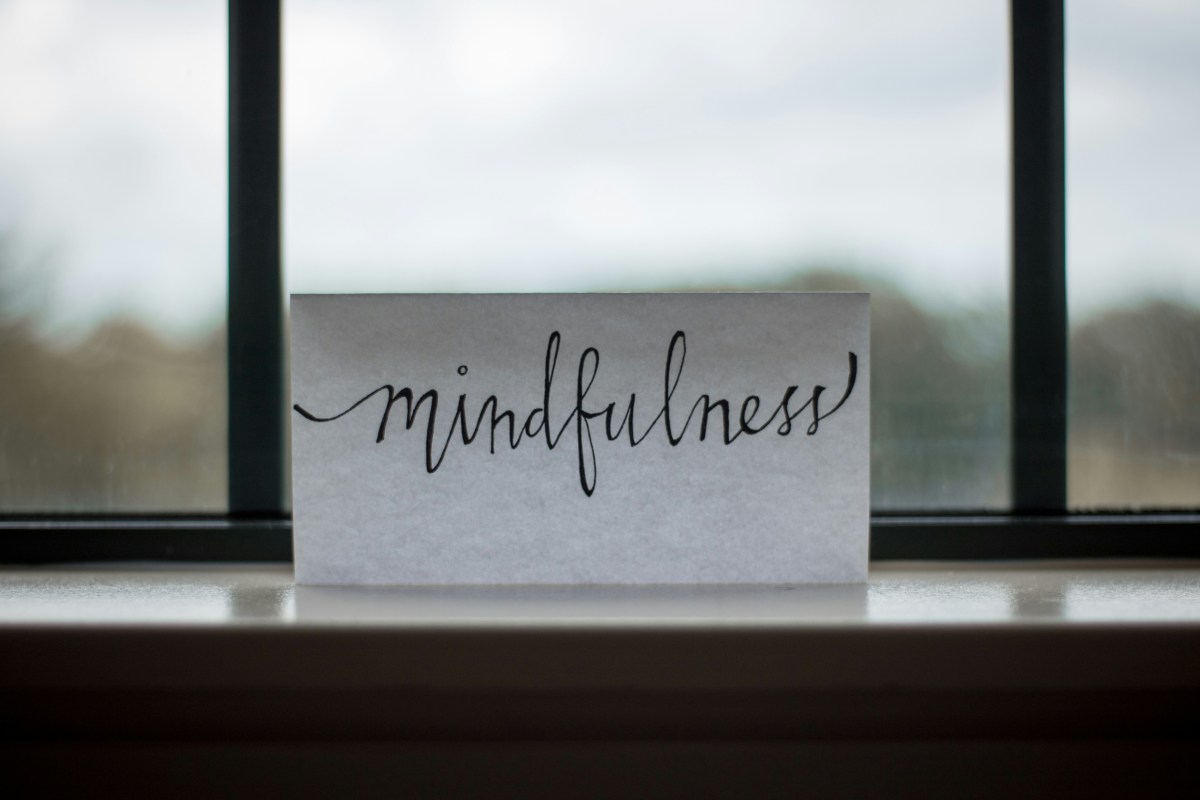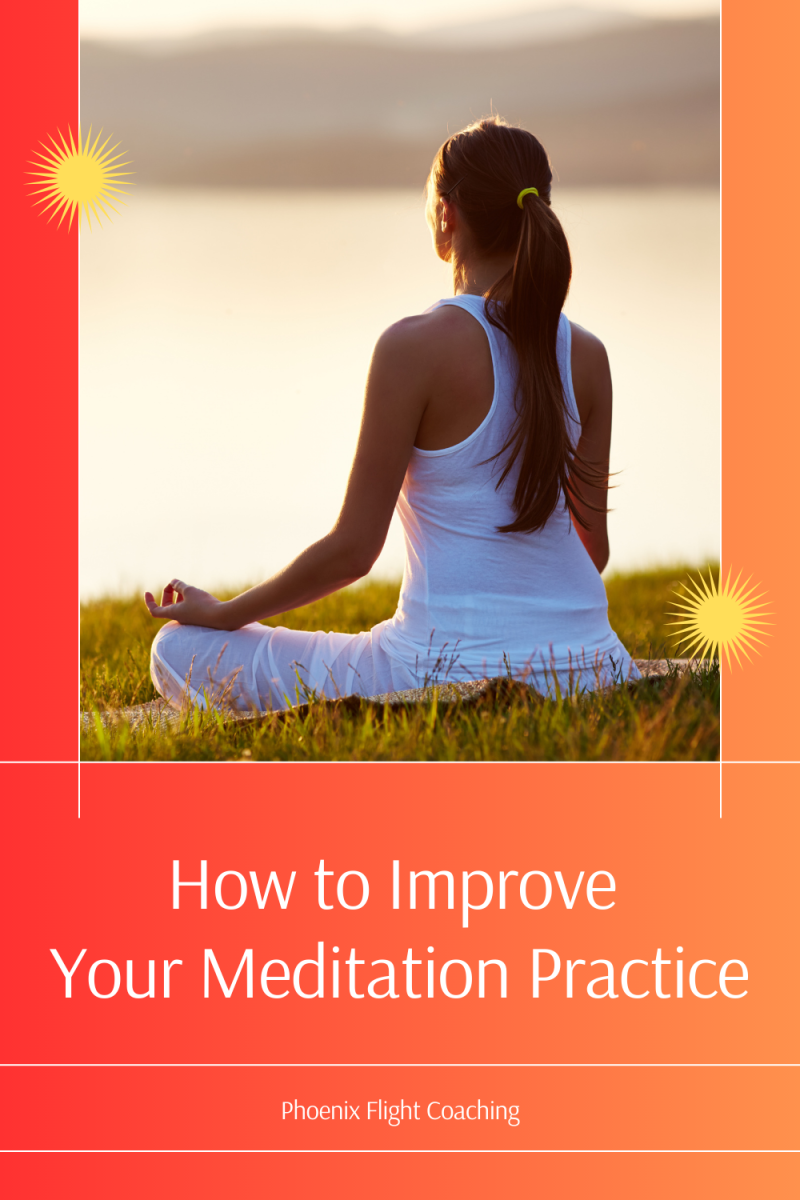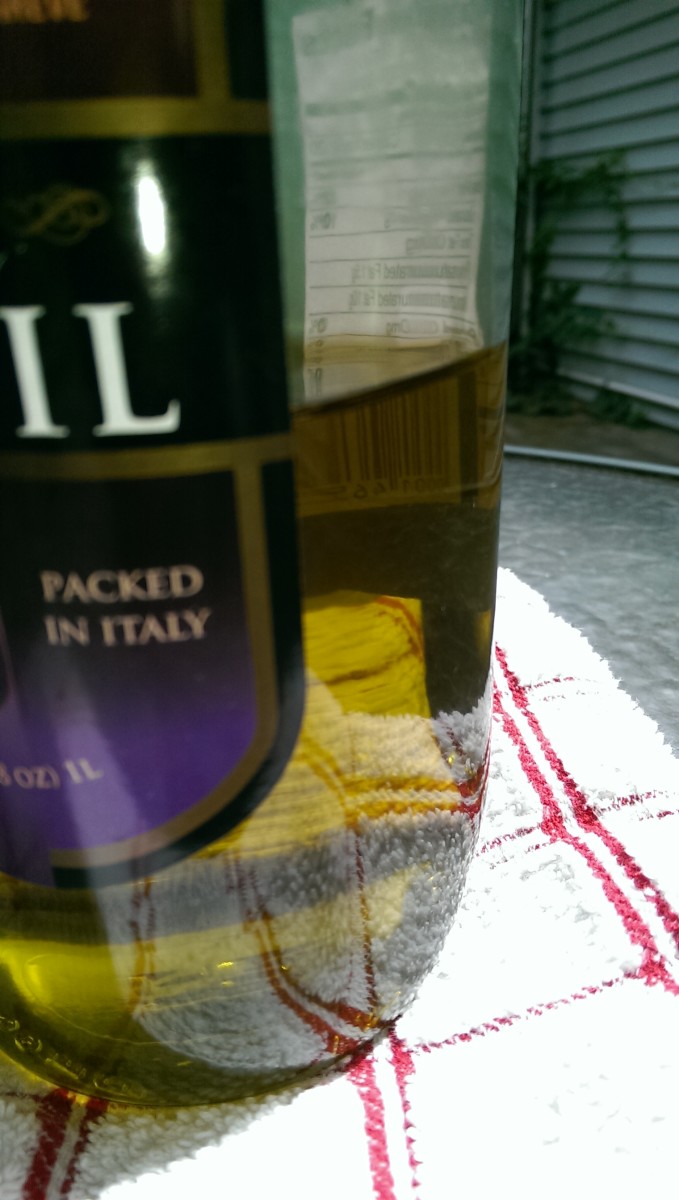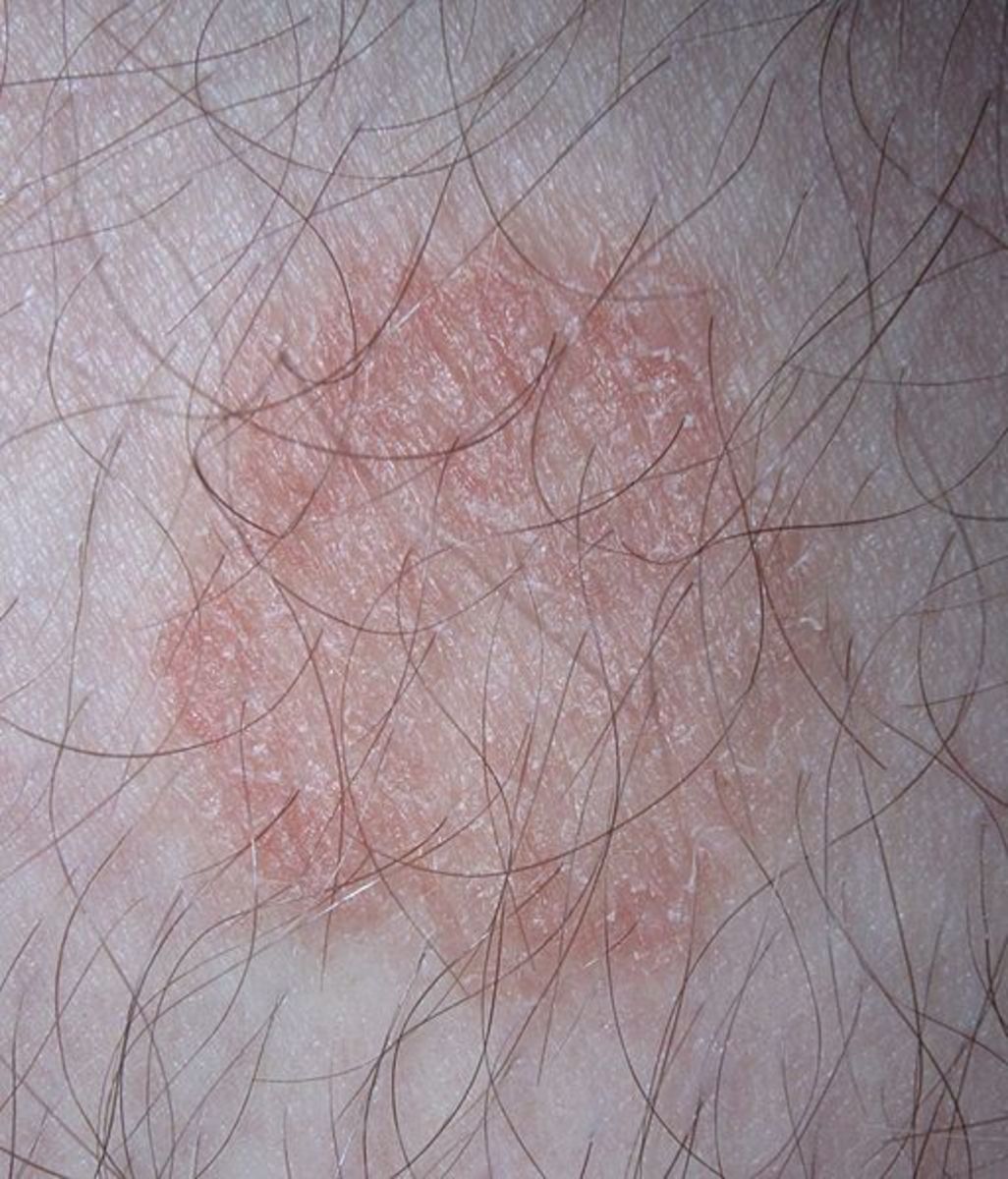How to Treat Depression Naturally Without Medication
Natural Ways To Treat Depression
Depression can be a horrible, debilitating illness that sucks the joy out of life and drains our motivation. It can strike without warning and disappear just as suddenly, leaving us wondering if we will ever be able to take control of our own happiness.
Thankfully extensive research has been carried out over the last century which suggests that the illness can be overcome by making a few lifestyle alterations. Within this article we'll discuss some of the ways we can treat depression naturally without the need for medication and how these lifestyle changes can be implemented.
This article is not intended to be a substitute for proper medical care and regular consultations with your doctor, especially if you are suffering from severe depression. Booking an appointment with a healthcare professional should always be your first step on the road to recovery.
However, the addictive nature and unpleasant side effects of many anti-depressant medications means that more and more people are asking themselves how to treat depression naturally without drugs.
If you are one of those people then this article is for you.

Nutrition And Diet
A nutritious and balanced diet is one of our biggest weapons in the fight against depression. Infuriatingly, foods that we desperately crave when feeling low - the ones that give us a temporary moment of pleasure - are usually counterproductive in the long run. Sugary snacks and food that is high in saturated fat should be given a wide berth. Strive to eat natural, organic, non-processed foods that are high in nutritional content and low in additives. As a general rule of thumb, if you struggle to pronounce some of the ingredients on a packet of food, avoid at all costs!
Three Great Nutritional Mood-Lifters
- Tyrosine - Tyrosine is an amino acid that converts into Noradrenaline in the brain. Noradrenaline is a natural chemical that plays a vital role in warding off stress and depression. Examples of foods rich in tyrosine: yogurt, milk and soy.
- Omega 3 - A fatty acid which feeds the brain with goodness and boosts levels of Serotonin (another important feel-good brain chemical). Examples of foods rich in Omega 3: salmon, tuna, sardines, walnuts, sunflower seeds and spinach.
- Vitamins B6 and B12 - These vitamins play an important role in regulating our mental health including supporting a healthy nervous system. Examples of foods rich in B6 and B12: whole grains, bananas, nuts, liver and eggs.
Why not search Hubpages.com for some recipe ideas involving some of the foods listed above.
Beat Depression With Nutrition: Online Resources
- NutritionData.com
Research the nutritional content of the food you eat. - Seven Depression-Busting Super Foods
An article by Kerlynb detailing some of the best foods for harmonising your mind.
Anti-Nutrients
Try to steer clear of anything that depletes nutrient reserves or restricts them from doing their job. Here are four of the worst offenders:
- Caffeine - As well as depleting the brain of important nutrients, studies have shown that caffeine intake is directly related to increased levels of stress and anxiety.
- Smoking - Smoking depletes vitamin reverves and prevents vitamin B6 from functioning properly. B6 is an essential vitamin in the fight against depression. Although nicotine withdrawal can induce mild depression in itself, the long term health benefits of smoking cessation are huge.
- Alcohol - Alcohol prevents vitamins from being absorbed properly and leads to heightened feelings of anxiety and stress due to fluctuating sugar levels in the blood.
- Processed Foods - Junk food tends to be thick with saturated fat which can prevent blood from reaching its full potential when transporting nutrients to the brain.

How Much Sleep Do We Need?
How long is a piece of string? There really is no definitive answer to this often-asked question. Eight hours a night has become something of a benchmark for many people, possibly because it represents exactly one third of the daily cycle (with the other two thirds taken up by work and non-work time). However, the true answer to this question goes something like this: It depends entirely on you, your personality and your lifestyle.
Some people need more sleep than others and anywhere between five and nine hours sleep each night falls within the boundaries of normality. Instead of worrying about the quantity, try to focus on the quality of sleep, and maintaining regular sleeping hours each day. If we provide our body with the restful, quality sleep that it deserves then sleep duration will be regulated naturally.
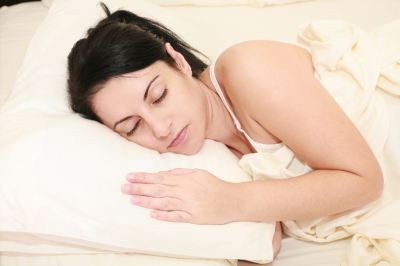
Improve The Quality Of Your Sleep
Sleep is a vital component of a healthy lifestyle - the number of hours you sleep each day and, much more importantly, the actual quality of your sleep. Sleep allows your body to refresh itself, mentally and physically, so that the next morning you feel alert, energetic and ready for the day ahead.
Unsurprisingly, there is a strong connection between depression and sleep. Depression can have an adverse effect on sleep and, likewise, poor quality sleep can exacerabte depression. It is almost a catch-22 situation. We find it difficult to sleep properly because we are suffering from depression yet we struggle to alleviate the depression while our sleeping disorders persist.
Thankfully there are several steps we can take to greatly improve the quality of our sleep.
- Help your body clock prepare to shut down for the night and restart in the morning by sticking to regular sleeping hours. You might be naturally suited to a particular sleep routine or you may be forced into that routine by the requirements of your job. But whichever hours you choose to spend in bed, try to repeat the same hours every day.
- Avoid alcohol at least three hours before bed. Alcohol might make it easier for you to fall asleep once you are in bed but it distrupts your natural sleep cycle and reduces sleep quality.
- Try to avoid caffeine in the evening and limit your daily coffee/tea intake to no more than three or four cups. Try herbal and caffeine-free drinks instead. Some, such as camomile tea and valerian tea, actually work to promote sleep.
- Exercise each day to tire your body and make it more receptive to sleep when night comes. But don't exercise before bedtime because you'll inadvertently awaken yourself at a time when you're hoping to wind down.
- Make sure your bedroom is clean, tidy and comfortable. Train your body to associate your bedroom with only sleep, rest and sex. Do this by removing any distractions such televisions, radios and exercise equipment.
- Avoid watching overly stimulating films or television programs before bed. Reading can often act as a sleep aid but again, try to avoid challenging or thought-provoking literature and stick to easy-going material.
- Try winding down before bed by practicing relaxation techniques such as meditation (see below).

How To Get Started With Meditation
There are many different ways to meditate and you may made need to experiment with a few different methods until you find one that is right for you. MIndfulness of breathing meditation is a popular method and simple to learn. Read the steps below and you could be meditating in the next ten minutes.
- Find a quiet, tidy place in your home where you will not be distracted or interrupted.
- Sit in a position that allows you to relax but also maintain a straight back. You may wish to sit cross-legged on the floor with the aid of a cushion or using a comfortable chair.
- Close your eyes and gently allow your attention to rest on your breathing.
- Breathing deeply in a controlled but natural manner, feel the air entering your mouth or nostrils, flowing into your lungs and rushing out again. Notice how your chest and abdomen rise and fall as you breathe. Imagine that you are inhaling fresh, energising, blue air and exhaling hot air that contains all of your frustrations and anxieties.
- Whenever your mind wanders away from your breath, gently acknowledge that you have strayed and return to focusing on your breathing. Your mind will probably wander excessively at first. This is completely normal. Don't get frustrated; simply return to your breathing.
- Try to meditate for between 10-20 minutes (and sit quietly with your eyes open for at least 2 or 3 minutes after the meditation has finished). Set aside time to do this every day and you'll soon start to feel the benefits.
Create a Daily Meditation Practice
For many people, the word meditation conjures images in their mind of chanting monks, secluded temples, chubby buddhas, incense and religion. But beyond all these mystical, spiritual connotations, meditation is actually a form of mind-body therapy practiced by millions of people across the world for almost as many reasons.
In its simplest form, meditation is a way to quieten the 'monkey mind' (a Buddhist term used to describe how the mind constantly jumps from one thought to the next like a monkey swinging between the branches of a tree) and bring one's awareness into the present moment, instead of lingering in the past or worrying about the future.
Meditation helps us to become more aware of our thoughts. It teaches us that feelings of anxiety, fear, anger, sadness or helplessness and not part of us; they are merely negative thoughts passing through our mind. They can leave just as quickly as they came. Meditation provides the necessary skills to manage our gloomy or fearful feelings by breaking the sense of importance that we attach to them.
Scientific studies have shown that meditation helps boost Serotonin in the brain and improve a wide range of ailments including:
- Depression, anxiety and stress
- Asthma
- Poor concentration and memory
- High blood pressure
For an extensive list of the benefits of meditation, check out this article - 100 Benefits of Meditation.
Although meditation is considered to be a safe and beneficial practice for the majority of people, a very tiny minority have been known to experience unpleasant side effects such as difficult or painful memories resurfacing. If you find that this happens to you, stop immediately and consult your doctor and an experienced meditation instructor.
For more information on meditation, have a look at this online resource - www.freemeditation.com
Meditation For Beginners


Five Easy Ways To Exercise
- Next time you're about to use an elevator or escalator in a multi-storey building, take the stairs instead. It's amazing how little things like this contribute to a healthier lifestyle.
- Walk or cycle short distances (to the shops, place of work or a friend's house) instead of driving or using public transport.
- Put your favourite CD on your stereo system at home and dance along for a while by yourself. You might look silly but nobody can see you!
- Do some gardening.
- Put the radio on next time you're doing house chores and dance along while you work.
Five Fun Ways To Exercise
- Take dance classes such as Salsa or Jazz.
- Buy a Nintendo Wii and some fun-looking games.
- Try a new sport like canoeing, horse riding or rock climbing.
- Buy an exercise bike or cross trainer and exercise while watching a film or your favourite TV show.
- Arrange to go on a hike with friends.
Get Regular Exercise
"You're only one workout away from a good mood"
We all know that exercise is good for our physical health but did you know that it can also greatly enhance our mental health too?
As a way to treat depression naturally, exercise is one of the best prescriptions. When we are active, our brain releases natural chemicals (including the feel-good chemical Serotonin) that improves our mood and sense of well-being.
Depression can sap our motivation and leave us feeling fatigued. At times like this, exercise might seem incrediblly unappealing. Start off slowly, setting yourself easy ten or fifteen-minute challenges each day and gradually expand on the duration and intensity of your exercise.
If you can afford too, consider joining a gym. Pick one with a pool, jacuzzi, sauna and steam room because these extra facilities are also great for relaxation, provided you use them during quieter periods.
Why Is Physical Exercise So Good For Us When We're Feeling Low?
- It improves energy levels, self-confidence and quality of sleep.
- It alleviates stress and tension.
- It instills us with focus, motivation and a sense of achievement.
- It gets us outside into the fresh air.
- It takes us away from our worries.
- It boosts our mood and leaves us feeling invigorated.

Alcohol Consumption: Links To Helpful Online Resources
- Are You Drinking Too Much?
AlcoholScreening.org - Take their test, find out if you're drinking too much and also how you compare with other Americans. - How To Cut Down On Alcohol
Drinkaware.co.uk - Some helpful information on how you can reduce your alcohol consumption.
Moderate Your Alcohol Consumption
When feeling depressed, anxious or stressed, many people seek respite in alcohol. In small quantities alcohol can induce relaxation and even mild euphoria, making us feel more sociable. But as a form of self-medication for depression, alcohol should be avoided at all costs.
Regular or excessive consumption interferes with our biochemistry and depletes our reserves of vitamin B6 and folic acid, both of which are vital, depression-fighting nutrients. Likewise, alcohol reduces levels of Serotonin and norepinephrine in our brains. These naturally-occuring chemicals are essential to regulating our moods and making us feel happy and relaxed.
How Much Is Too Much?
Although government guidelines recommend that we should limit our daily alcohol consumption to 2-4 units, there is no clear line between 'safe' drinking, 'problem' drinking and alcoholism. If we are drinking simply to relax or improve our mood, we will almost certainly increase our intake over time because the body builds a natural tolerance to alcohol. In short, we have to drink more to produce the same effect.
Research has shown that even a small daily intake of alcohol can hinder our efforts to overcome depression. It would be a prudent move for anyone suffering from depression to ensure that their consumption is within the recommended limits suggested by health professionals. Even better would be to quit alcohol altogether, until long-term control has been asserted over depressive and anxious feelings.

And Finally...Five More Natural Treatments
A few more suggestions for treating depression naturally.
- Cognitive Therapy - Learn how to evaluate your thoughts properly and disengage from negative thought patterns.
- Sunlight - Studies show that sunlight helps our brains to produce more Serotonin (a mood-enhancing chemical). If you live in a country where sunlight is scarce, try using a light box to replicate the sun's feel-good qualities.
- St John's Wort - This yellow-flowering plant has been referred to as 'nature's Prozac' and can be used to treat mild depression. If you are taking any kind of prescribed medication (including the contraceptive pill), check with your doctor first. St John's Wort should not be taken by pregnant women and breast-feeding mothers.
- Counselling - Get to the root of your troubles by talking to a qualified counsellor. Speak to your doctor about getting the right kind of counselling for you.
- Writing - Keep a daily journal of your thoughts and feelings. This could give greater clarity to your problems and allow you to build emotional stability. Writing can also be a fun and enjoyable activity.
Overcoming Depression Naturally Takes Time and Perseverance...But It Can Be Done!!!
Learning how to treat depression naturally without medication takes time and perseverance. Don't give up - it can be done! You might find the simple addition of a twenty minute daily exercise routine is enough to chase the clouds away. Alternatively, a change in your diet or the introduction of a meditation practice into your life could be the turning point in overcoming depression. Perhaps you could even try several of the recommended lifestyle changes to really maximise your chances of attaining stable mental health and general happiness.
Whatever it takes, stick at it and don't quit. You'll get there eventually. Good luck. Please feel free to share your own experiences with depression in the comments section below.




